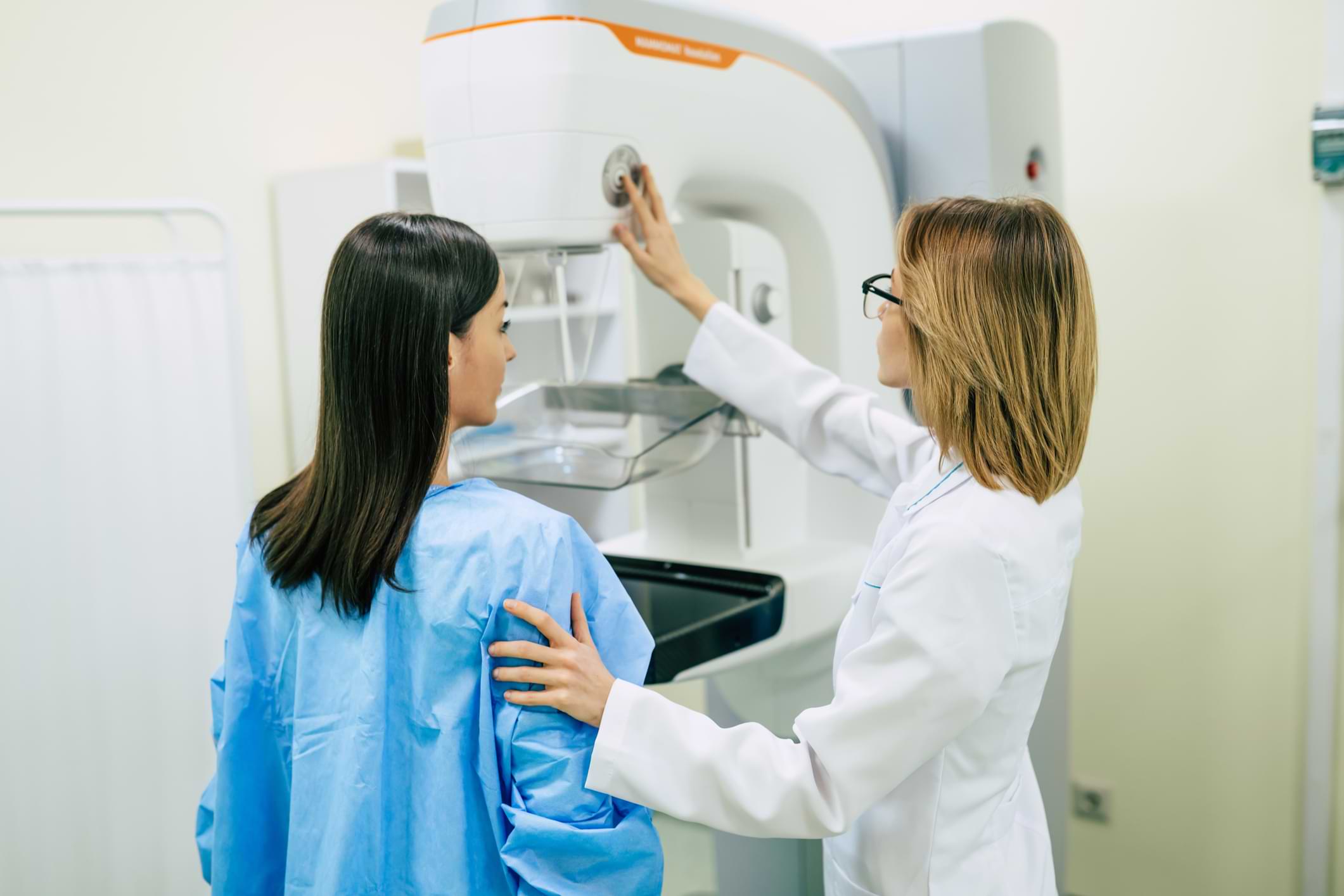Rotator cuff injuries can cause significant shoulder pain and limit daily activities. Orthopedic surgeons play a vital role in diagnosing and treating these injuries. Their expertise in surgical and non-surgical techniques helps restore shoulder function. Pain management is a crucial part of recovery. For instance, pain management Albany offers tailored approaches for easing discomfort. Understanding the role of these specialists can lead to effective treatment and better outcomes.
What is a Rotator Cuff Injury?
The rotator cuff is a group of muscles and tendons surrounding the shoulder joint. These muscles and tendons keep the head of the upper arm bone firmly within the shallow socket of the shoulder. Injuries to the rotator cuff are common and can range from mild strains to complete tears. Symptoms often include pain, weakness, and reduced range of motion.
Diagnosis and Assessment
Accurate diagnosis is crucial for effective treatment. Orthopedic surgeons use a combination of physical examinations and imaging techniques. Common diagnostic tools include X-rays and MRIs. These tools help determine the extent of the injury and guide treatment plans.
Treatment Options
Orthopedic surgeons offer various treatment options depending on the severity of the injury. Here are three main approaches:
- Physical Therapy: Often the first line of treatment. Exercises improve strength and flexibility.
- Medications: Pain relief and anti-inflammatory drugs help manage symptoms.
- Surgery: Required for severe tears. Surgical repair restores the function of the shoulder.
Each treatment plan is tailored to the individual’s needs, ensuring the best possible outcome.
The Role of Pain Management
Pain management is an essential aspect of recovery from rotator cuff injuries. Effective pain control improves comfort and facilitates rehabilitation. Techniques range from medications to physical therapies designed to ease pain and promote healing.
Comparing Surgical and Non-Surgical Treatment
Understanding the differences between surgical and non-surgical treatment helps in decision-making. Here is a comparison:
| Treatment Type | Advantages | Disadvantages |
|---|---|---|
| Non-Surgical |
|
|
| Surgical |
|
|
Recovery and Rehabilitation
Post-treatment recovery relies heavily on rehabilitation. A structured program includes exercises that restore strength and flexibility. Consistent follow-up with the orthopedic surgeon ensures that healing progresses well.
The Importance of Early Intervention
Early intervention can significantly affect the outcome of rotator cuff injuries. Delays in treatment may lead to worsening symptoms and decreased shoulder function. It is essential to seek expert advice promptly for any shoulder pain that persists.
Conclusion
Orthopedic surgeons are crucial in managing rotator cuff injuries. Their comprehensive approach—from diagnosis to treatment and rehabilitation—ensures effective recovery. For more detailed information on managing these injuries, you can explore resources like the American Academy of Orthopaedic Surgeons or the NIAMS Shoulder Problems Guide. Understanding the options and working with an experienced specialist can lead to better shoulder health and improved quality of life.






